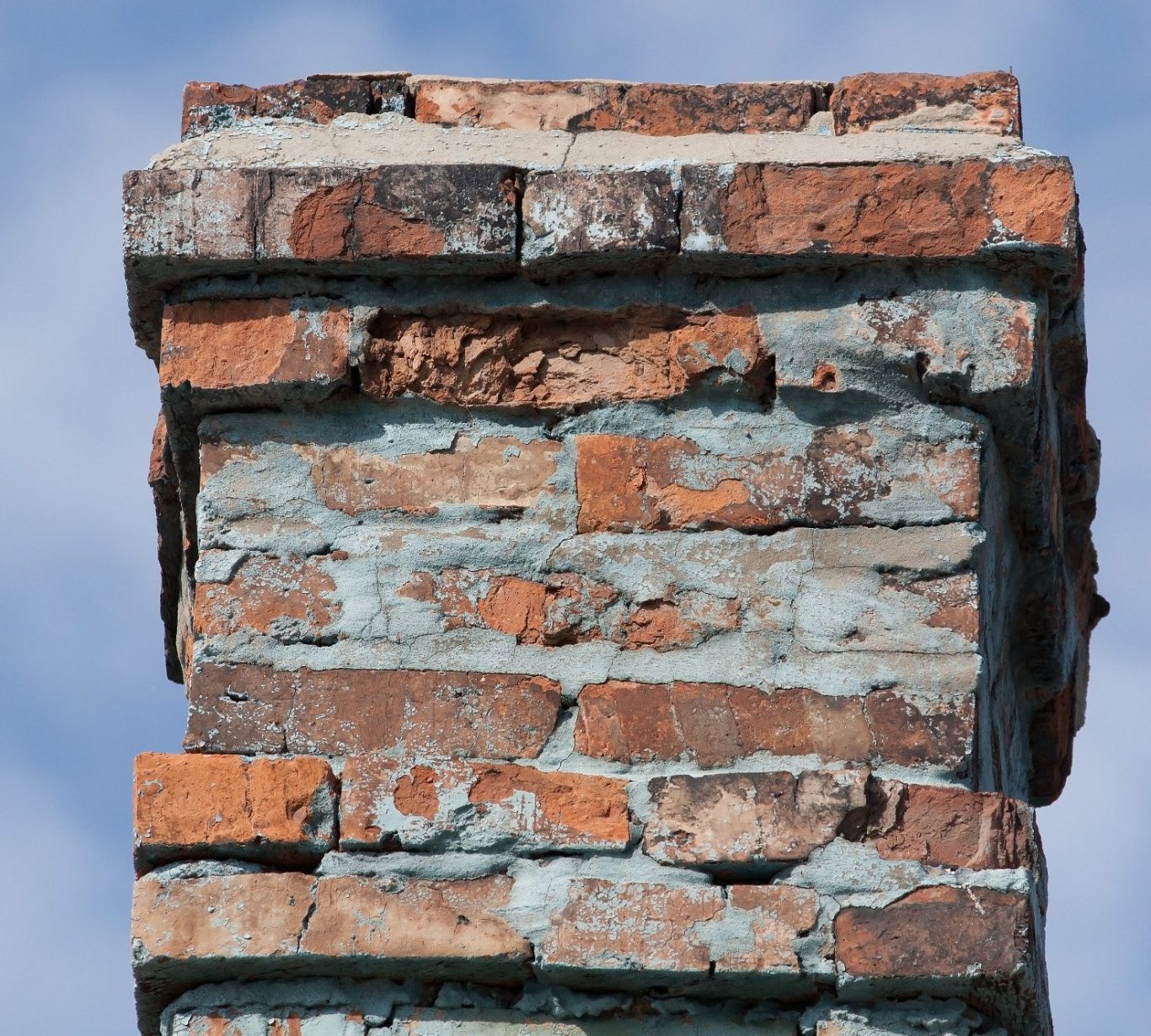
Why Do Domestic Chimneys Fail? Understanding Chimney Issues in Solid Fuel Stoves
Solid fuel stoves are a popular choice for heating homes, offering both warmth and ambiance. However, they rely on a functional chimney to operate efficiently and safely. When domestic chimneys associated with solid fuel stoves fail, it can lead to a range of problems, including decreased heating efficiency, smoke infiltration, and even fire hazards.
In this blog post, we'll delve into the common reasons why domestic chimneys on solid fuel stoves fail and explore ways to prevent these issues.
Creosote Buildup
One of the most prevalent causes of chimney failure in solid fuel stoves is the accumulation of creosote. Creosote is a highly flammable, tar-like substance that forms when wood or other solid fuels are burned incompletely. It adheres to the chimney's interior walls, narrowing the flue and reducing the chimney's ability to expel smoke and combustion gases.
Prevention:
- Burn only well-seasoned, dry wood or approved solid fuels.
- Maintain a hot fire with sufficient air supply to encourage complete combustion.
- Regularly inspect and clean the chimney to remove creosote buildup, especially before the heating season begins.
Poor Chimney Design
Chimney design is critical for proper ventilation and the efficient removal of smoke and gases. Inadequate chimney design or installation can lead to drafting issues, which cause smoke to back up into your home.
Prevention:
- Consult with a professional to ensure that your chimney is correctly sized and designed for your specific stove and heating needs.
- Make sure the chimney is installed with the correct height and properly insulated to maintain adequate draft.
Improper Installation
A solid fuel stove and its associated chimney must be installed correctly to ensure safety and efficiency. Improper installation can result in chimney failure, smoke leakage, and potential fire hazards.
Prevention:
- Hire a qualified and experienced technician to install your solid fuel stove and chimney.
- Ensure that the installation complies with local building codes and safety standards.
Lack of Maintenance
Regular maintenance is crucial to the longevity and effectiveness of your solid fuel stove and chimney. Neglecting maintenance can lead to various issues, including chimney blockages, corrosion, and structural damage.
Prevention:
- Schedule annual inspections by a professional chimney sweep to identify and address potential problems.
- Clean the chimney regularly, particularly if you notice signs of creosote build up or reduced draft.
External Factors
Chimney damage can also result from external factors, such as severe weather conditions, shifting foundations, or nearby tree growth. These factors can compromise the structural integrity of the chimney.
Prevention:
- Install a chimney cap to prevent rainwater, debris, and animals from entering the chimney.
- Monitor the condition of your chimney's exterior and address any signs of damage promptly.
Conclusion
A well-maintained chimney is essential for the safe and efficient operation of your solid fuel stove. Understanding the common reasons for domestic chimney failure and taking proactive steps to prevent them can help you enjoy a warm, cosy, and safe home throughout the heating season. Regular inspections, proper installation, and conscientious maintenance are key to keeping your chimney in top condition and ensuring the longevity of your solid fuel heating system.
Written by Gary Walker
Gary, owner of Swept. Chimney Sweeping Services in Huddersfield, is a HETAS trained and approved chimney sweep, co-founder of GD Logs (www.gdlogs.co.uk), and an award-winning direct marketing expert. Raised on a small holding with a passion for wood burners since the 80s, Gary is City & Guilds NPTC qualified in Chainsaws and Tree Felling. He advocates for sustainable heating fuels and possesses a passion for wood burning stoves.
We need your consent to load the translations
We use a third-party service to translate the website content that may collect data about your activity. Please review the details in the privacy policy and accept the service to view the translations.

